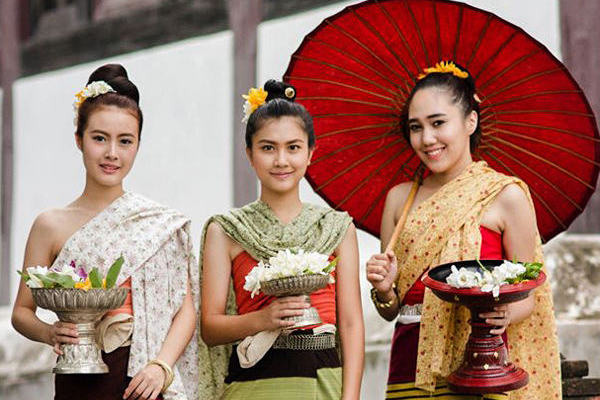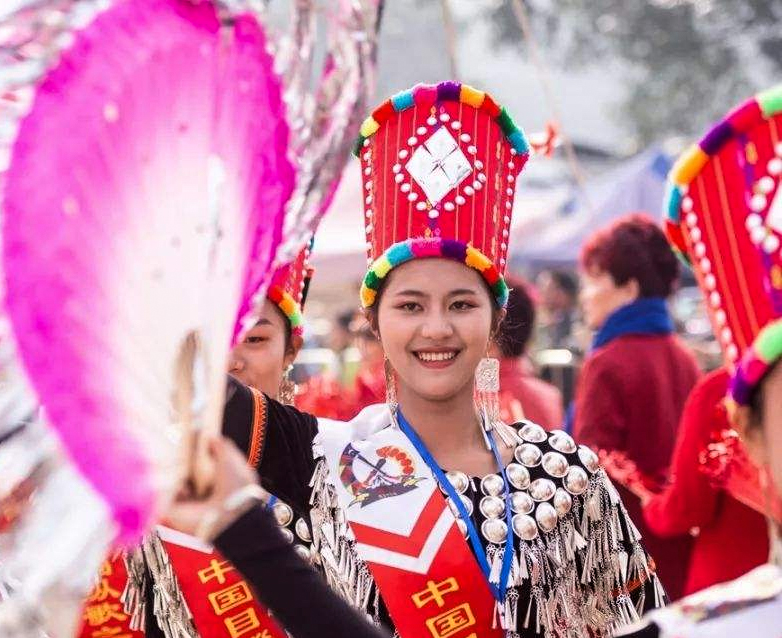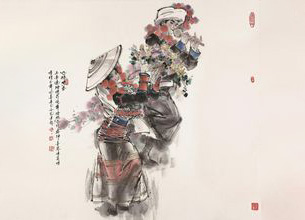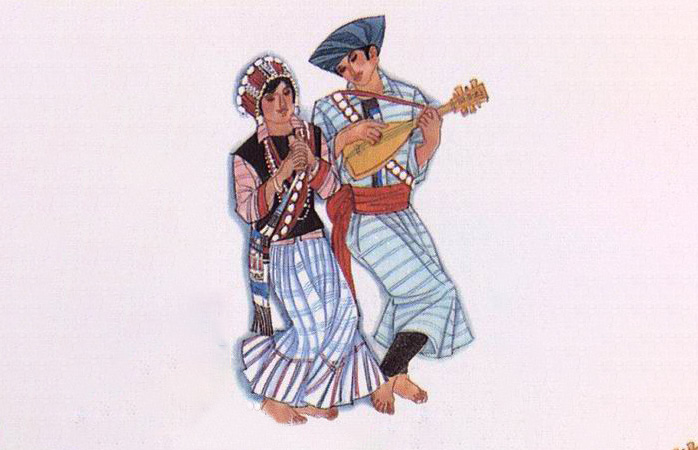About us
Moli Tropical Rainforest Scenic Area
Oxygen-enriched Waterfall, Flower-dotted Forest
Provide guests with comfortable accommodation
Moli Tropical Rainforest Scenic Area
Multicultural, Enigmatic and Colorful

TheDaipeopleareoneofmainethnicgroupslivinginRuiliforgenerationsaswellasthemostpopulousethnicminoritythere.TheyaremainlydistributedinthreetownshipsalongsidetheRuiliRiver,namely,Jiexiang,NongdaoandMongmao.MajorityofDaipeopleinRuiliisindigenous,andsomeofthemareimmigrantsfromotherplaces.Duetoregionaldifferences,theDaipeopleinthisareaaredividedintothreebranches:Daile,DaimaoandDaide.TheDaipeopleinRuiliareahavealonghistoryandwell-developedculture.Atpresent,therearepreciousclassicswritteninthelanguageofDaipeople,suchasPattra-leafScripture,HeimengGumengandEbingandSangluo.Theircalendar,operaandmedicinearealsowell-renowned.TheDaipeopleinRuiliaregoodsingersanddancersdespitegenderandage.ThefamousdanceperformancesthatarestillpopulartodayincludePeacockDance,Elephant-FootDrumDance,andGayang,alarge-scalefolkgroupdancewhichcanbecalledclassy.TherecontinuestoemergeahostoftalentedpeopleinPeacockDance,includingMaoXiang,YueXiang,WangLa,amongothers,whohavebeenhailedasnationalfolkdancersfortheirperformanceofPeacockDance.
Learn more >
The Jingpo people are one of main ethnic groups in Ruili. They are mainly distributed in the mountainous areas from Dengga Village which faces Myanmar across a river in the west to Zhefang Town in Luxi and Mengli Village which is connected with Luanchuan County in the east. Judging from the distribution of each branch, the Jingpo branch mainly inhabits in Dengga Village, Leinong Village, and Hulan Village; the Long'e branch mainly inhabits in Mengxiu Village and Nanjingli Villag; the Leiqi branch inhabits in Mengli Village and Nanjingli Village; the Zaiwa Branch has a larger population, and it is distributed in Huyu Village, Banling Village, Nongxian Village, Dengzha Village, Mengdian Village, Huwa Village, among other places.
Learn more >
TheDe'angpeopleareoneoftheindigenouspeoplesofRuili.TheyaremainlydistributedinvillagessuchasManghai,GuangsongandLeigonginHuyuTownship,andGuangka,Leimen,NansanginMengxiuTownship,andHeNanmaoinMengmaoTown.Theirresidencesaremostlyatabasin’speripherywithanaltitudeof900-1000mandthesub-tropicalhillsideforest.Theyliveinscatteredgroups,andmostoftheirvillagesaresandwichedbetweenthevillagesoftheDai,JingpoandHanpeoples.SinceallDe'angpeoplebelieveinBuddhism,thebestbuildingineachoftheirvillagesisamonasteryfortheBuddhastatue.SincetheirreligiousbeliefsarethesameastheDaipeople,manyoftheircustomsarealsothesameastheDaipeople.TheirmainfestivalistheSongkranFestival.Inaddition,therearealsootherreligiousfestivalssuchastheOpen-DoorFestivalandClose-DoorFestivalandPracticing“Bai”Fair.
Learn more >
The Lisu people are one of the most populous ethnic minorities in the Ruili mountainous areas after the Jingpo, De'ang and Han peoples. It is mainly distributed in the villages such as Banzha Village in Mengxiu Township and Banling Village and Banyang Village in Huyu Township. They are mostly distributed in mountainous areas and semi-mountainous areas in a pattern characterized by scattered living in terms the whole ethnicity and group living in terms of a small community. The costumes of Lisu women are roughly the same as their counterparts in the basin of the Nujiang River. They wear hats made of shells and beads, tops whose right collars are placed on the left collars, linen dresses, light-colored blouses fitted for the waist and dark-colored cotton-padded jackets. They also wear necklaces made of various shells, beads, silver coins and agate, and their clothes are finely made with beautiful motifs. Men's clothing and accessories include generally black and blue head cloths, short or long linen shirt or gown, and short or long swords. The traditional ethnic festivals of the Lisu people are the Kuoshi Festival and Sword Ladder Climbing Festival. During the festival, the Lisu people gather in their best clothes and perform acrobatics such as climbing a sword ladder and walking on fire. They sing and dance the night away till the next morning.
Learn more >Latest events

 WeChat
WeChat